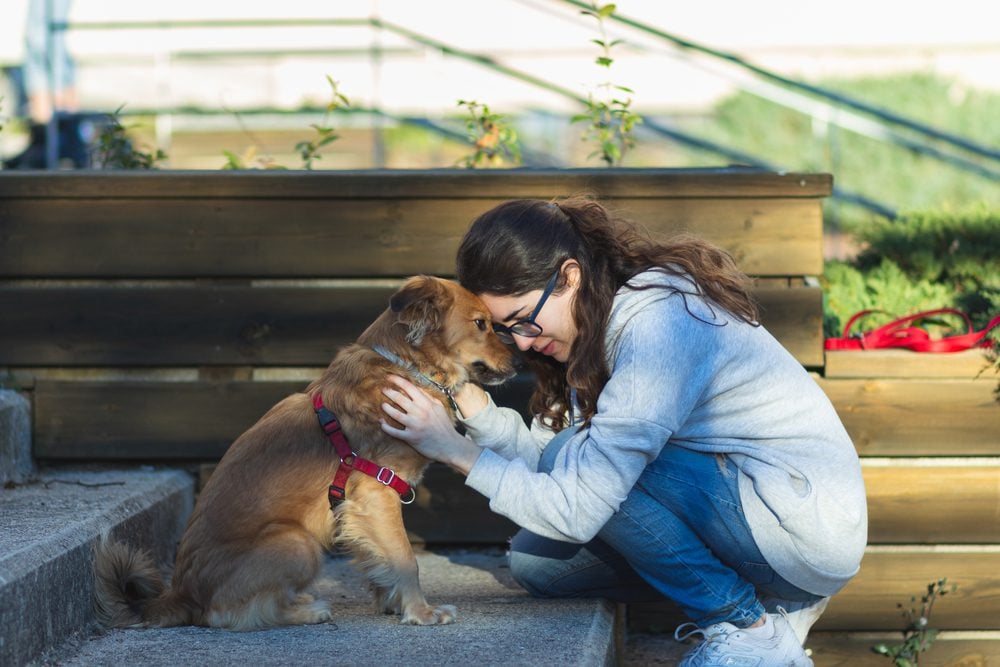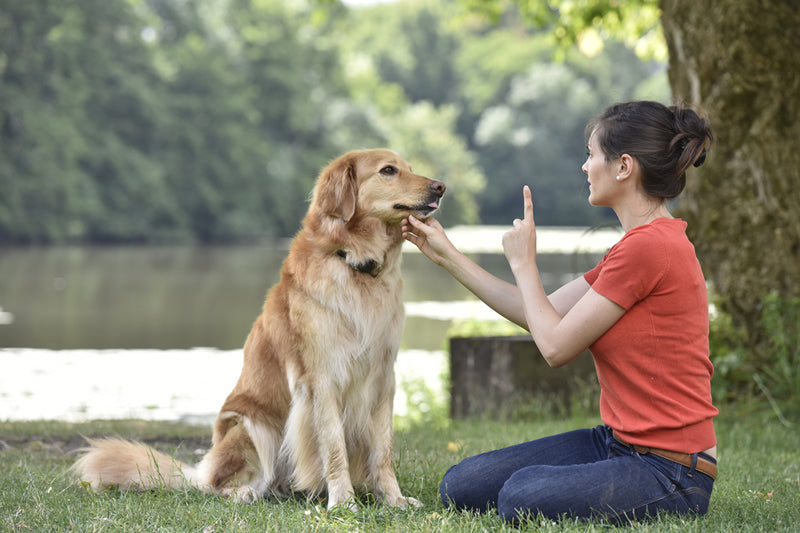
Dog Barking at Reflections: Understanding the Cause
Share
As a health-conscious pet owner, you want the best for your furry friend. If you have ever noticed your dog barking at reflections, you may wonder what is causing this behavior. Dogs, like humans, can have a range of reactions to the environment around them, and reflections can often be mistaken for real threats or intruders. In this article, we will delve into why this behavior occurs and how you can address it effectively, ensuring your dog's well-being and your peace of mind.

Why Do Dogs Bark at Reflections?
Dogs are highly perceptive creatures. When they see a reflection, be it in a mirror, a window, or a shiny surface, their natural instincts often drive them to respond vocally. This is partly due to a survival mechanism; dogs naturally react to what they perceive as potential threats.
The Role of Instinct
Instinct plays a significant role in your dog's reaction to reflections. In the wild, barking is used as a way for dogs to warn off threats or to communicate with other members of their pack. When barking at reflections, your dog might be attempting to communicate or defend their territory.
Interestingly, similar behaviors can be observed in other common scenarios. For instance, some dogs exhibit dog barking at mailman or certain noises, such as when the TV is turned on. These responses are part of an instinctual protective behavior. Understanding these instincts can help you empathize with why dogs might react as they do when faced with reflections or other triggers.
Health Implications
Pet owners often overlook the impact of constant barking on their dog's health. Continual vocalization can lead to strain on a dog's vocal cords and increased anxiety levels. This can affect their overall wellbeing, causing stress-related issues that might contribute to physical health problems over time.
Providing a safe and calming environment is crucial for a dog's physical and mental health. Understanding and addressing the reasons behind your dog's barking can help ensure they remain happy and healthy.
Strategies to Curb the Behavior
Training and Socialization
An effective way to manage your dog's barking is through proper training and socialization. Reinforce positive behaviors by rewarding your dog when they remain calm upon seeing a reflection. Consistent training can help your dog understand that reflections aren't a threat.
Consider consulting resources from reputable pet care authorities, such as the Small Door Vet for more training tips and guidelines. Their insights can help you develop a comprehensive training plan tailored to your dog's needs.
Environmental Adjustments
If your dog continues to react strongly to reflections, consider altering their environment. Cover mirrors or windows temporarily while you work on training methods. Ensuring your dog doesn't have access to surfaces that reflect can prevent overreaction and reduce stress.

Frequently Asked Questions
Why does my dog only bark at certain reflections?
Some dogs may react selectively based on the size, shape, or movement of the reflection. This could be due to previous experiences or the dog's sensitive nature to certain stimuli.
Is my dog's barking at reflections harmful?
While occasional barking isn't inherently harmful, persistent barking at reflections can lead to stress and anxiety, impacting your dog's overall health. Finding ways to mitigate the behavior is advisable.
Can professional training help reduce this behavior?
Yes, professional trainers can work with your dog to identify triggers and implement strategies to reduce or eliminate barking at reflections. Training provides a structured way to address behavioral concerns.
This article contains affiliate links. We may earn a commission at no extra cost to you.
